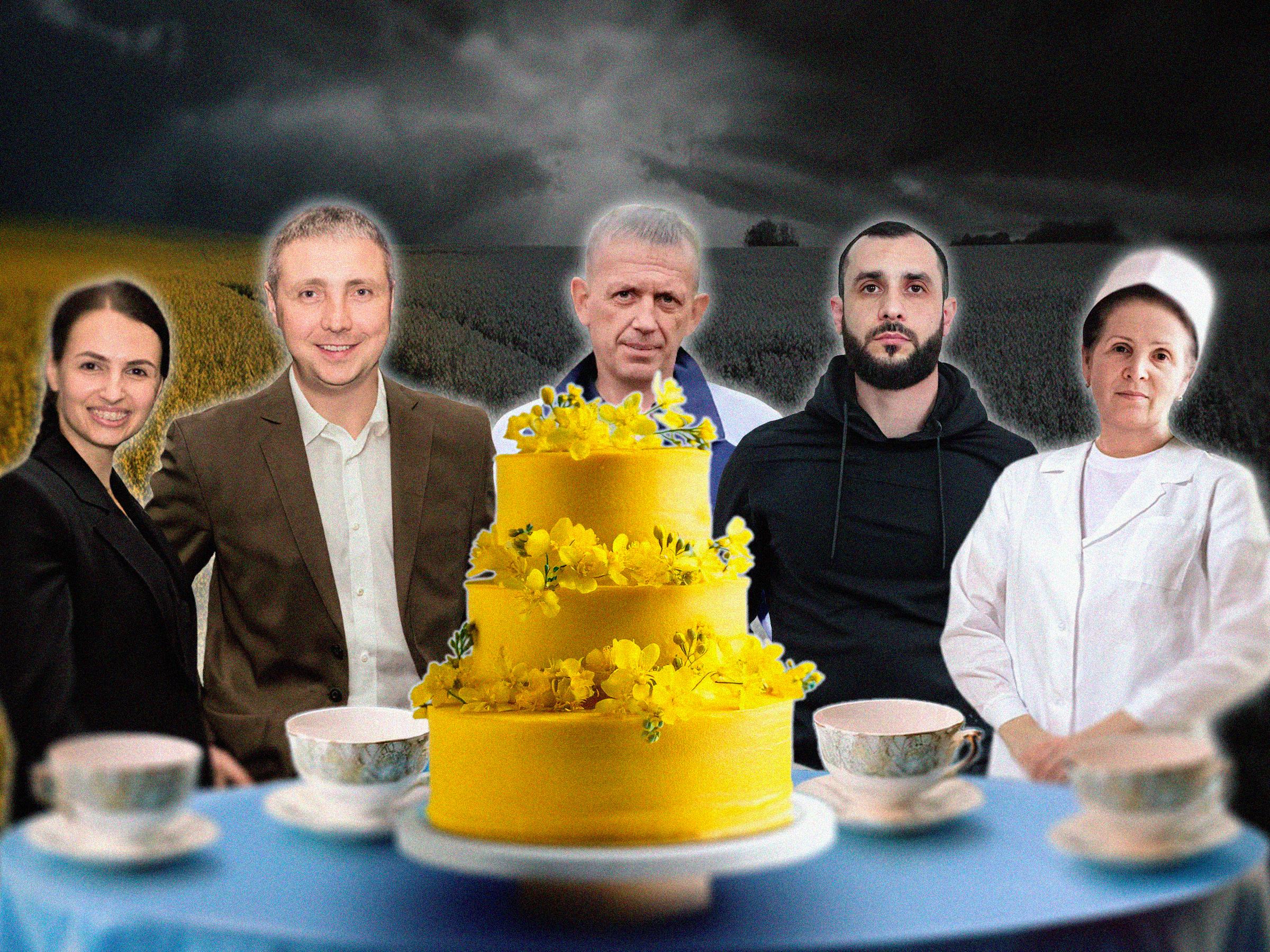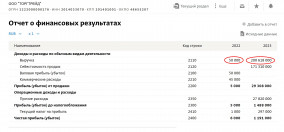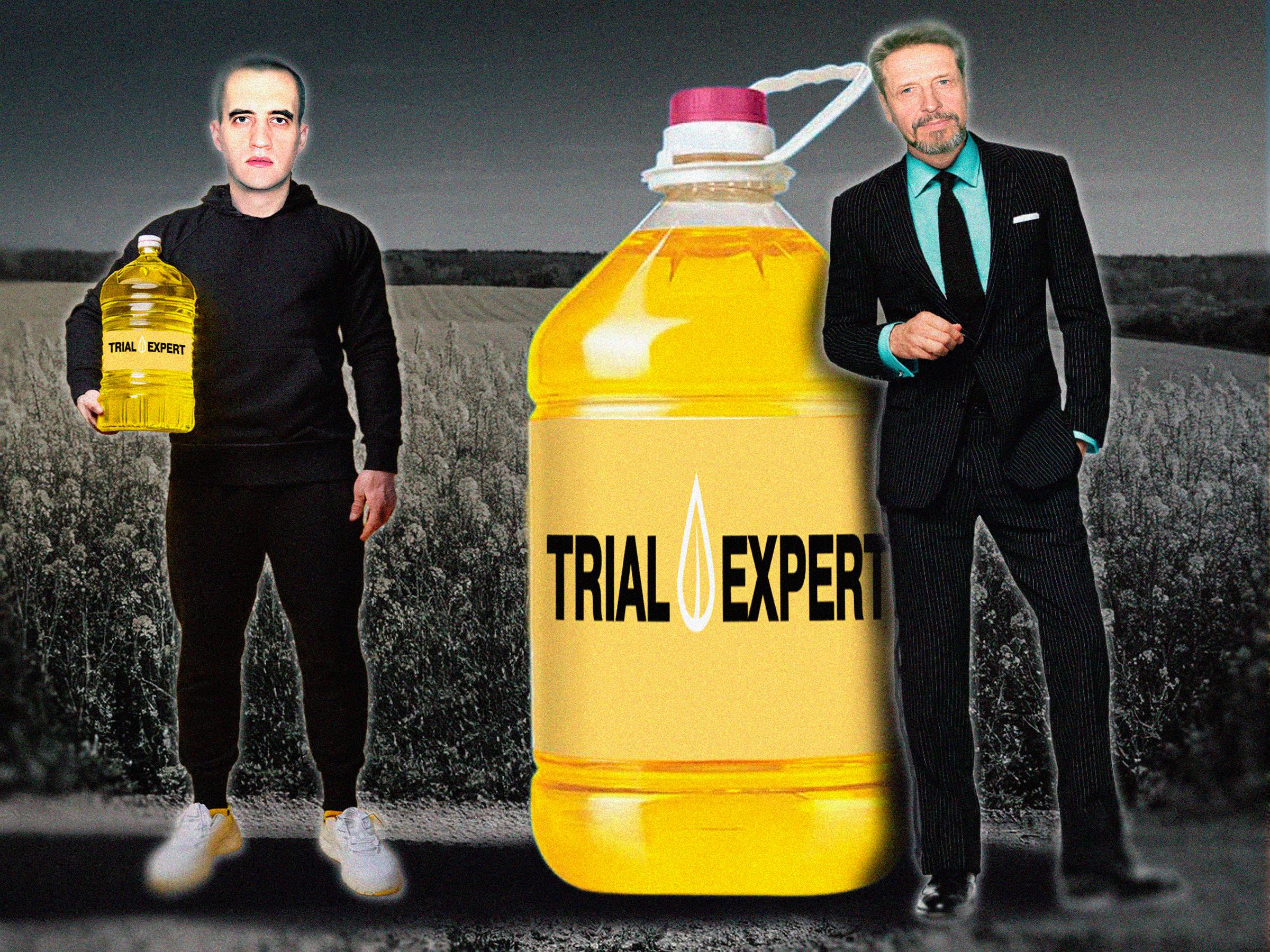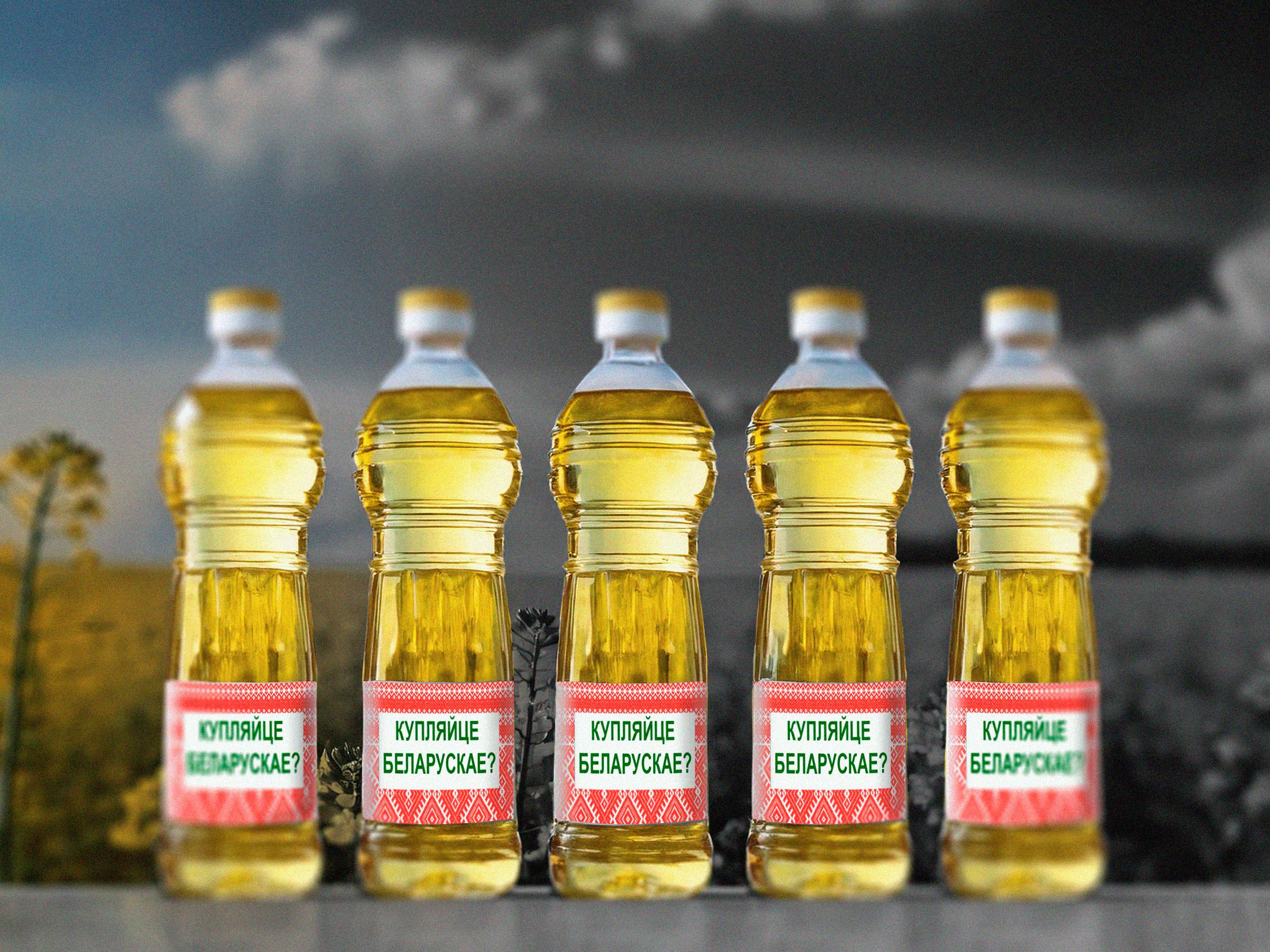Tikhomirova is listed as holding senior positions in the Rostov-based agricultural company OOO Monolit (a limited liability company under the laws of Russian Federation) and the Moscow-based OOO Osnova (a limited liability company under the laws of Russian Federation) (non-food retailing). She is married to Anton Tikhomirov, general director of OOO Agrotrade (a limited liability company under the laws of Russian Federation). This Moscow-based company, according to the records of the Federal State Information System Grain, also earned money in 2023 from the export of rapeseed from occupied Ukrainian regions to Belarus. [*]
Mikhail Tikhomirov, believed to be Anton’s father, officially owns Agrotrade. Before the annexation of Crimea by Russia, Tikhomirov Jr. was the general director of OOO Tikhomirov (a limited liability company under the laws of Ukraine). The company provided grain harvesting and export services.
During the Ukraine presidency of Viktor Yanukovych, the company was awarded the title of “Company of the Year 2010”. Anton Tikhomirov was awarded the “Star of the Economy of Ukraine” Order and the “Manager of the Year 2010” Certificate.
In 2014, Tikhomirov Jr. started working with the Russian administration of the peninsula. He became the head of the republican enterprise Krymskiy Zernovoy Elevator. He was an adviser to the head of the Yalta city administration for two years, and from April 2015 to November 2016 he worked as the secretary of the Yalta branch of the United Russia party.
By 2016, Tikhomirov had been the deputy head of the Yalta city administration for about a year, overseeing transportation, communications, youth politics and sports. Ukrainian Myrotvorets Research Center database lists him as a traitor.
OOO Agrotrade shows up in the documents for 30 deliveries of rapeseed with a total volume of 671.8 thousand tonnes commissioned by Novobelitskiy Kombinat Khleboproduktov and OOO Agroprodukt (a limited liability company under the laws of Belarus). One village listed as a product origin is Havrylivka Druha, Kherson Region, Kalanchak Municipal District (the settlement is currently occupied by the Russian army).
Tikhomirovs’ Agrotrade was incorporated in 2023. The company made 163.4 million Russian rubles (about €1.77 million at the average exchange rate for 2023) in revenue in 2023 and had a net profit of 7.4 million Russian rubles (€80,200 at the average annual exchange rate). [*]
A BIC journalist contacted Anton Tikhomirov, introduced himself as an official from the Kherson region, and asked to discuss grain supplies from the occupied territory to Belarus. The businessman replied briefly, saying he did not need any help from the local authorities, that the business ran smoothly and there were no problems at the checkpoints.
A typical profiteer
The Federal State Information System Grain shows that another company, OOO Veles-Agro, was involved in exporting rapeseed from occupied territories in Ukraine to Belarus. We found 53 batches of oilseed grain with a total weight of 1,171 tonnes, which were listed as sent to the Belarusian companies OOO Agroprodukt (a limited liability company under the laws of Belarus) and ZAO Oblrapsagroservis (a closed joint-stock company under the laws of Belarus).
Veles-Agro is founded and headed by Sergey Verkhoshinsky, a citizen of Kyrgyzstan. [*]
We were unable to reach the contact number for Veles-Agro. A BIC journalist mentioned the company while talking to Torgtrade director Vadim Alekseev. Alekseev is aware of the competitor’s activities and did not object when the investigator referred to Veles-Agro’s work as “the activities of typical profiteers”.








